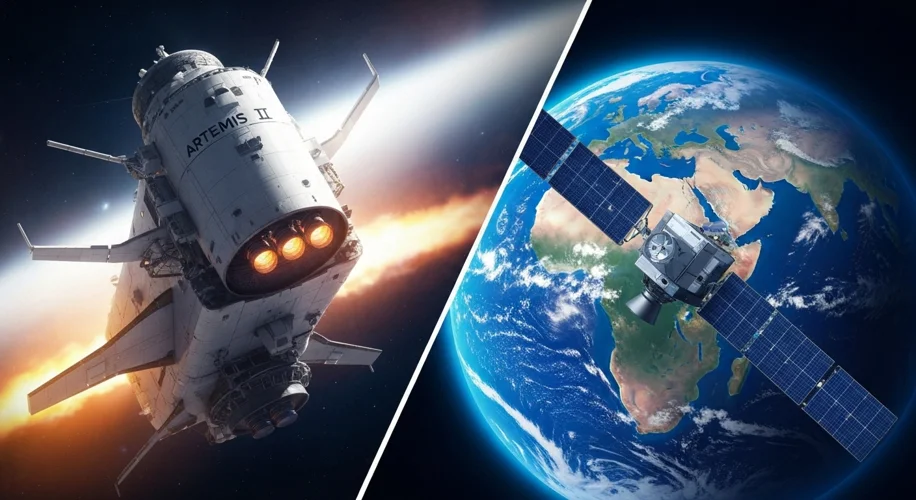It’s been a busy time in the world of space exploration, and recent statements from NASA’s acting administrator, Sean Duffy, have sparked some important conversations. Duffy has indicated that NASA plans to “move aside” from climate sciences to double down on missions focused on the Moon and Mars.
This shift in focus has naturally led to questions about the future of NASA’s Earth science initiatives. For those of us who deeply value understanding our planet – its intricate climate systems, the impact of human activity, and the delicate balance of its ecosystems – this news naturally seeds some doubts.
NASA has a long and proud history of studying our planet. Missions like the Orbiting Carbon Observatory, which tracks greenhouse gases, or the Terra and Aqua satellites, which provide crucial data on Earth’s temperature, clouds, and aerosols, are vital. This work isn’t just about academic curiosity; it directly informs our understanding of climate change, informs policy decisions, and helps us prepare for environmental challenges.
From my background in atmospheric science, I know firsthand how critical these Earth-observing missions are. They are our eyes in the sky, giving us a comprehensive view of processes that are often too vast or too slow to observe from the ground. The data collected helps us model future climate scenarios, track changes in sea levels, monitor deforestation, and understand the complex interactions within our atmosphere and oceans.
The drive to explore the Moon and Mars is undeniably exciting. Pushing the boundaries of human knowledge, seeking new frontiers, and perhaps even finding signs of past or present life on other worlds are monumental goals. These endeavors spark wonder and inspire future generations of scientists and engineers.
However, the Earth is our home. It’s where we live, where we grow our food, and where the consequences of a changing climate are most acutely felt. The interconnectedness of Earth’s systems means that even subtle shifts can have far-reaching effects, impacting everything from weather patterns to public health.
The question that naturally arises is: what does this realignment mean for the crucial work of understanding our own planet? While the allure of the cosmos is strong, a robust understanding of Earth’s climate is fundamental. It allows us to be responsible stewards of our planet and to build a more sustainable future for everyone.
It’s a conversation we need to keep having as NASA charts its course. The pursuit of knowledge should extend both outward to the stars and inward, to a deeper comprehension of the only home we have.

